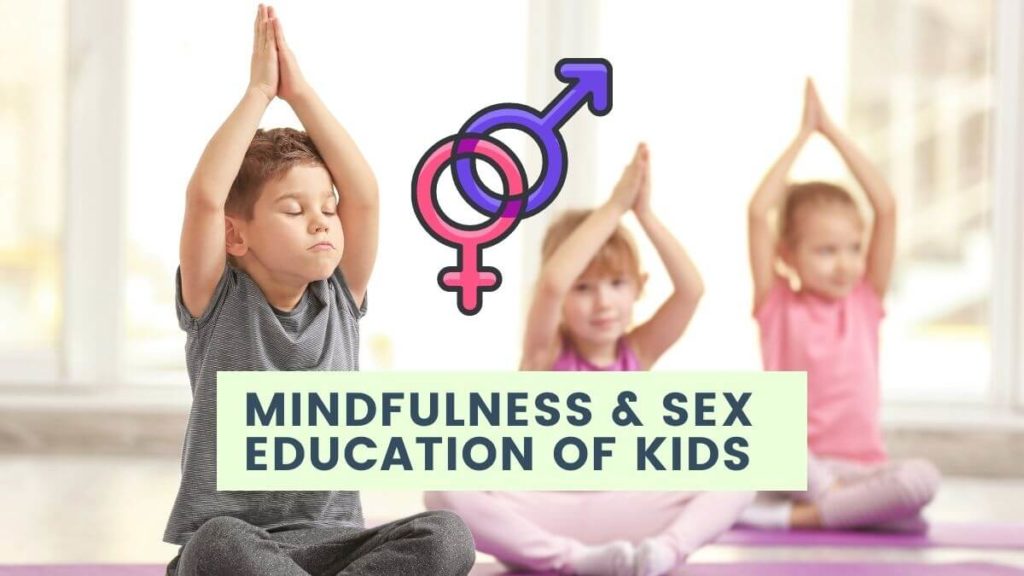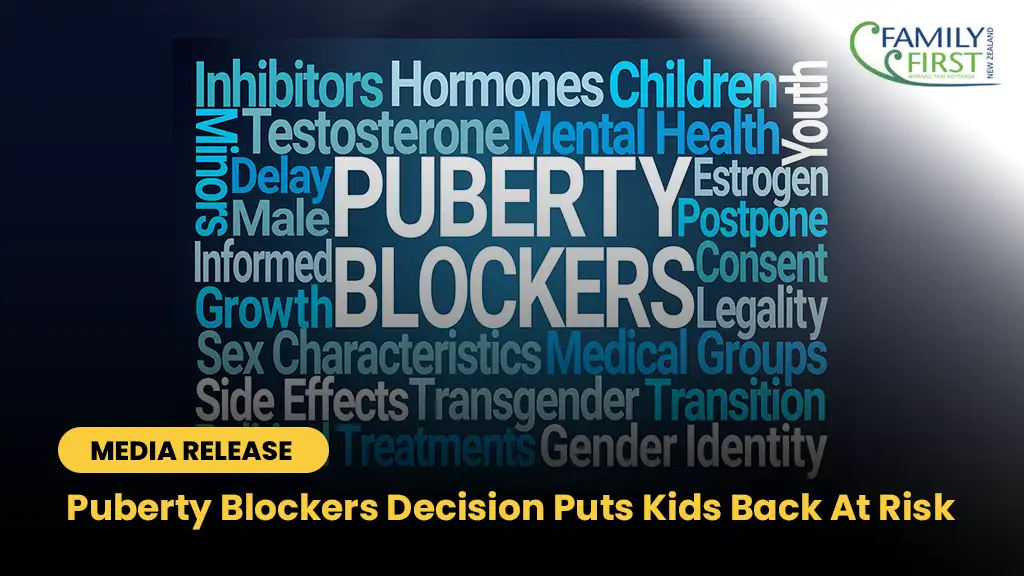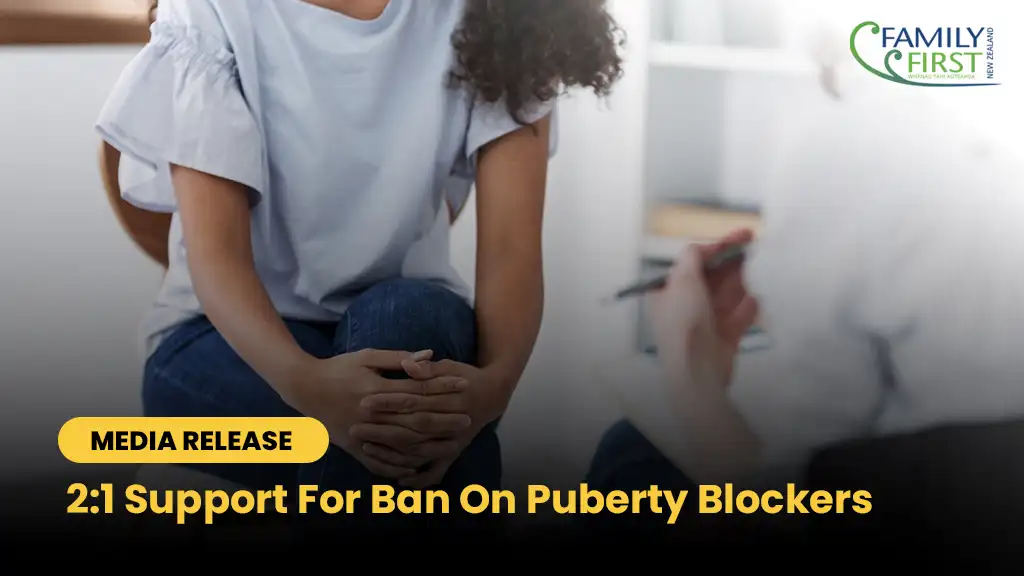UPDATED – 2022:
What can you do if, for example, your child comes home from school and says that they are having sex education classes, or Mindfulness meditation classes, or have to read books or watch DVD’s about and/or promoting same-sex marriage, or groups like Rainbow Youth or Family Planning are coming to the school to do a presentation?
Answer:
The Education and Training Act 2020 (as quoted below) says you can withdraw your children from these sessions!
Note: This doesn’t apply to integrated schools – (probably the reason you have your child in an integrated school in the first place!)
(If you are unaware of the material that Rainbow Youth and Family Planning encourage your children to view and listen to, watch this important presentation:
Release from tuition
50 Release from tuition on religious or cultural grounds
(1) This section applies to students enrolled at a State school that is not a State integrated school.
(2) A student over the age of 16 years, or a parent of a student under the age of 16 years, may ask the principal to release the student from tuition in a particular class or subject.
(3) A request under subsection (2) must be made in writing and at least 24 hours before the start of the tuition.
(4) The principal may not release the student unless satisfied that—
(a) the parent or student has asked because of sincerely held religious or cultural views; and
(b)the student is to be adequately supervised (whether within or outside the school) during the period of release from tuition.
(5) On receiving a request from a parent under subsection (2), the principal must, before agreeing to release the student, take all reasonable steps to find out the student’s views on the matter.
(6) Subject to subsection (4), the principal must release the student from the tuition and (if the student is to be supervised outside the school) let the student leave the school during the tuition unless satisfied that it is inappropriate to do so, having regard to—
(a) the student’s age, maturity, and ability to formulate and express views; and
(b) any views the student has expressed.
(7) Nothing in this section limits or affects section 59.
Release from tuition
51 Release from tuition for specified parts of health curriculum
(1) A parent of a student enrolled at a State school may ask the principal in writing to ensure that the student is released from tuition in specified parts of the health curriculum related to sexuality education.
(2) On receiving a request under subsection (1), the principal must ensure that—
(a) the student is released from the relevant tuition; and
(b) the student is supervised during the period of release from that tuition.
(3) Subsection (1) does not require a principal to ensure that a student who is to be excluded from tuition in specified parts of the health curriculum related to sexuality education is excluded at any other time while a teacher deals with a question raised by another student that relates to the specified part of the curriculum.
Community consultation
91 Board of State school must consult about delivery of health curriculum
(1) The board of a State school must, at least once every 2 years, after consulting the school community, adopt a statement on the delivery of the health curriculum.
(2) The purpose of the consultation is to—
(a) inform the school community about the content of the health curriculum; and
(b) ascertain the wishes of the school community regarding the way in which the health curriculum should be implemented given the views, beliefs, and customs of the members of that community; and
(c) determine, in broad terms, the health education needs of the students at the school.
(3) The board may adopt any method of consultation that it thinks fit to best achieve the purpose, but it may not adopt a statement on the delivery of the health curriculum until it has—
(a) prepared the statement in draft; and
(b) given members of the school community an adequate opportunity to comment on the draft statement; and
(c) considered any comments received.
(4) In this section,—
school community means,—
(a) for a State integrated school, the parents of students enrolled at the school, and the school’s proprietors:
(b) for any other State school, the parents of students enrolled at the school:
(c) in every case, any other person who the board considers is part of the school community for the purpose of this section
statement on the delivery of the health curriculum means a written statement of how the school intends to implement the health education components of the relevant national curriculum statements.
Parental notification
103 Students at State schools must receive guidance and counselling and their parents must be told about certain things
The principal of a State school must take all reasonable steps to ensure that—
(a) students get good guidance and counselling; and
(b) students in year 7 and above are provided with appropriate career education and guidance that is designed to prepare them to join the workforce or undertake further education or training when they leave school; and
(c) a parent of the student is told of matters that, in the principal’s opinion,—
(i) are preventing or slowing the student’s progress through the school; or
(ii) are harming the student’s relationships with teachers or other students.
The right to withdraw
When the board of trustees has adopted the statement on the delivery of the health curriculum, the school does not need to seek parents’/caregivers’ permission for students to participate in the programme. According to the Education Act (1989; updated in 2001, section 25AA), parents/caregivers may write to the principal requesting to have their child excluded from any particular element of sexuality education in a health education programme. The principal is required to ensure that the student is excluded from the relevant tuition and that the student is supervised during that time.
http://health.tki.org.nz/Teaching-in-HPE/Policy-guidelines/Sexuality-education-a-guide-for-principals-boards-of-trustees-and-teachers




